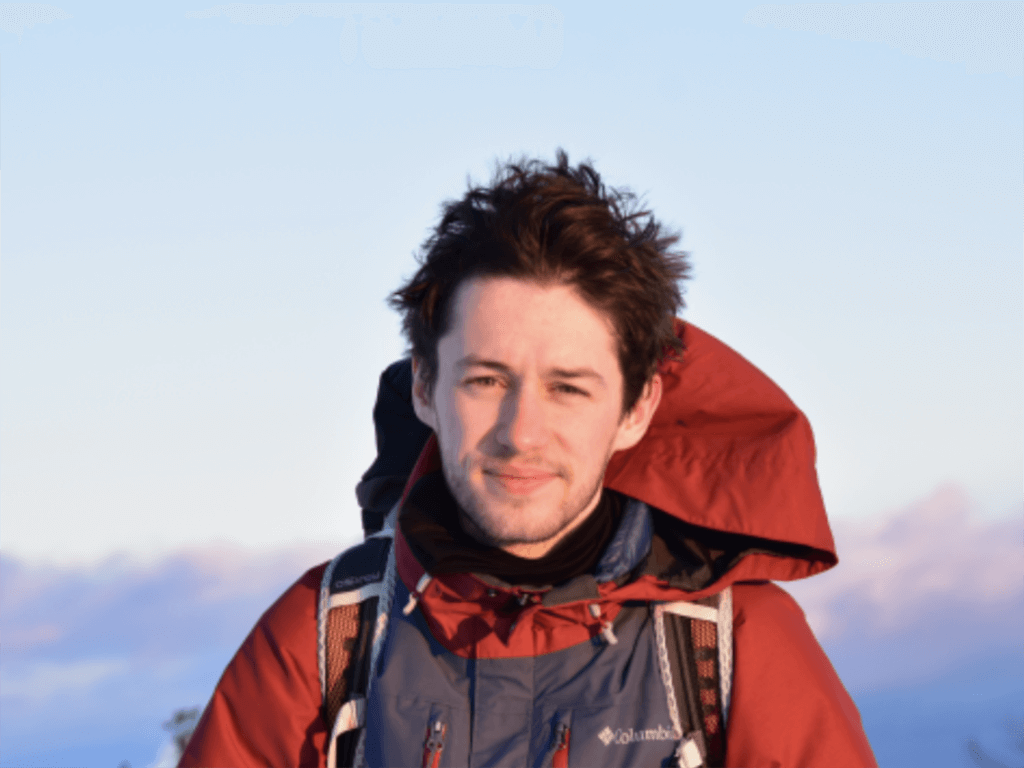Molecular dynamics (MD) simulations offer valuable insights into the atomistic-level behavior of molecular systems. However, large-scale Molecular Dynamics simulations face some limitations. First, the high-dimensional nature of large simulation trajectories can make them difficult to interpret. Second, the accessible sampled timescale is often shorter than the process of interest. Finally, the use of physically-motivated empirical force fields may not accurately capture quantum mechanical effects.
Théo will present his work on integrating machine learning to address these limitations. He will discuss the development of unsupervised data-driven enhanced sampling techniques and their application to the discovery of SARS-CoV2 Mpro inhibitors using clustering analysis and neural network-based Markov processes. Additionally, he will present Tinker-HP GPU and two user-friendly multi-GPU scalable platforms, Deep-HP and Quantum-HP, which enable the coupling of neural network potentials with state-of-the-art long-range and nuclear quantum effects for large-scale MD simulations. Lastly, he will present his latest work on developing hybrid neural network force fields using Behler–Parrinello Neural Network and Equivariant Neural Network. Overall, this talk will highlight the ways in which machine learning can be used to enhance large-scale MD simulations.
Biography
Théo Jaffrelot Inizan is a PhD candidate in Machine Learning and Theoretical Chemistry at Sorbonne Université under the supervision of Prof. Jean-Philip Piquemal and in close collaboration with Prof. Pengyu Ren at the University of Texas at Austin. His research is part of the the EMC2 European Research Council Synergy project which brings together the expertise of four laboratories in Mathematics (LJLL), Theoretical Chemistry (LCT), Physics (CERMIC) and Computer Science (INRIA) that aims to overcome some of the current limitations in the field of molecular simulation. He received a French Engineering degree in Material Science from the Institut National Polytechnique and a joint Master of Science in Theoretical Physical Chemistry and Computer Science from Université Paul Sabatier and the Ecole Polytechnique Fédérale de Lausanne (EPFL). During his Master thesis at EPFL with Prof. Clémence Corminboeuf, Théo worked on the development of machine learning models in catalysis. Prior to that, he completed research internships at the CIRIMAT center and PSL Université working on computational surface science, and at Vrije Universiteit Amsterdam with Prof. Evert Jan Baerends and Prof. Nicola Marzari’s lab (THEOs) at EPFL, where he focused on the development of DFT models to study strongly correlated materials.
Théo is a recipient of the 2022 Fulbright Scholarship and the 2019 Master fellowship from the Institute of chemical sciences and engineering of EPFL. One of his projects, "Fast-track computationally-driven discovery of new SARS-CoV-2 Main Protease (Mpro) inhibitors: from HPC to experimental drug candidates" was a candidate for the 2021 and 2022 Gordon Bell prizes and received the Hyperion Research HPC Innovation Excellence Award.
Théo’s interests lie at the intersection of Machine Learning, Mathematics, Chemistry and Physics. Specifically, he is interested in leveraging Molecular Simulation with the help of Deep Learning. A core focus of his work has been improving the accuracy of force fields through massively scalable machine learning models. Recently, he has been working on convolution neural networks, tensor field networks and graph neural networks. Furthermore, he is interested in the potential of quantum computing to accelerate the discovery of new materials.


